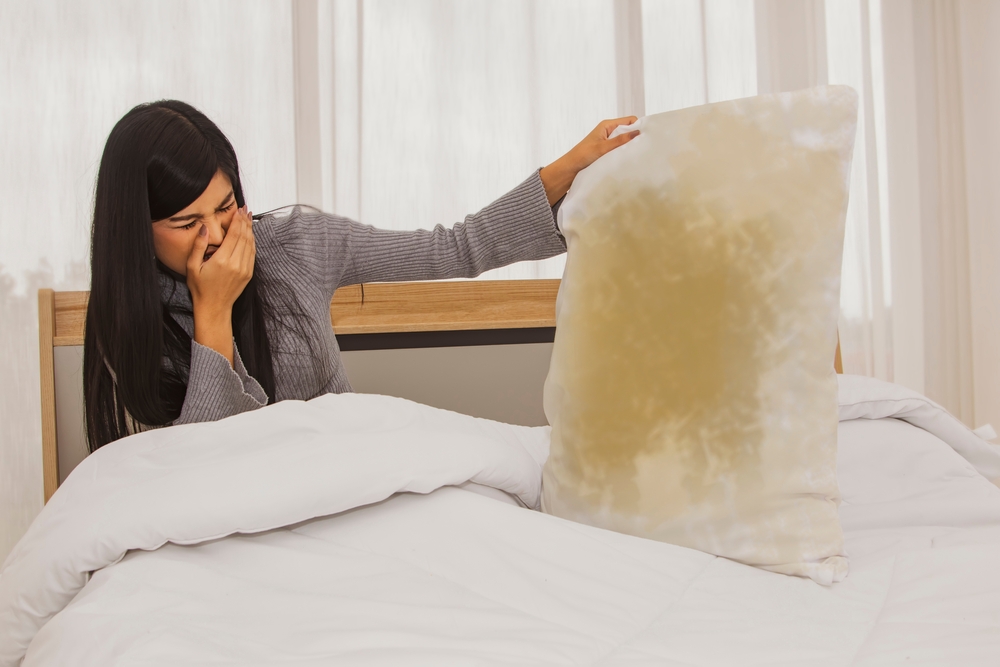How Mold Affects Your Sleep
We all hope to get a good night’s rest, but are we doing anything about ensuring it’s a realistic proposition? Unfortunately, many folks don’t consider their indoor air quality and environmental conditions, which can actually have a significant impact on how well we sleep. This is because damp, stagnant indoor environments are breeding grounds for mold. Today, let’s explore how exactly mold affects your sleep cycle and overall health.
Sleep Disturbances and Irritability
Mold can negatively impact our sleep cycle, especially for those who have a higher sensitivity to it. This can include sleep disturbances that make it harder to get a good night’s rest, often resulting in frequent waking and an inability to return to dreamland. It can also lead to irritability, emotional frustration, and pent-up stress as a result of this.
Congestion and Nasal Problems
When inhabiting an indoor environment for several hours that harbours mold, such as a bedroom when sleeping at night, it’s easy to develop sinus problems. These can include a congested or runny nose and recurring sneezing fits, among other unwanted nasal complications. Setting up a dehumidifier in the bedroom can help reduce the amount of moisture in the air, but it also increases the distance that mold spores can travel due to the drier conditions, not to mention the risk of dry skin and even nosebleeds.
Respiratory Issues
Everyone needs fresh, clean, and sufficiently moisturized air in order to breathe easily at night – literally! But when high levels of mold is present, the opposite effect occurs; it’s not uncommon for occupants in these conditions to develop a hacking cough, breathing difficulties, and other respiratory troubles. Those living with asthma will have an even harder time and their wellness could be put at serious risk if the mold is not addressed. To avoid irritating the lungs and any respiratory complications, call in an expert for air quality inspection and mold testing services.
Eye and Skin Irritation
The remaining commonplace reactions from mold of many kinds include itchiness, irritated and/or red eyes, rashes, and even blurred vision in some circumstances. It’s important to regulate the amount of moisture in the air so the environment doesn’t have relative humidity levels so high that they encourage mold, but it also shouldn’t be too dry, as that introduces its own range of eye and skin issues. In addition, you need to ensure that there are no leaks or moisture buildups present that are causing the mold to grow and spread throughout the home.
For assistance via dedicated mold testing and air quality inspections, we’re happy to help here at Indoor Air Quality Ottawa. Get in touch with us today for well-informed, dependable help in ensuring optimal health and comfort – and a good night’s rest with peace of mind!


